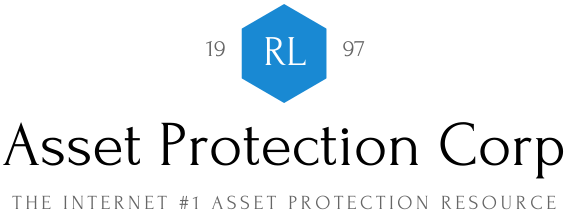ABUSIVE TRUST ARRANGEMENTS
Abusive trust arrangements typically are promoted by the promise of tax benefits with no meaningful change in the taxpayer’s control over or benefit from the taxpayer’s income or assets.
The promised benefits may include reduction or elimination of income subject to tax; deductions for personal expenses paid by the trust; depreciation deductions of an owner’s personal residence and furnishings; a stepped-up basis for property transferred to the trust; the reduction or elimination of self-employment taxes; and the reduction or elimination of gift and estate taxes.
These promised benefits are inconsistent with the tax rules applicable to the abusive trust arrangements, as described below.
Abusive trust arrangements often use trusts to hide the true ownership of assets and income or to disguise the substance of transactions. These arrangements frequently involve more than one trust, each holding different assets of the taxpayer (for example, the taxpayer’s business, business equipment, home, automobile, etc.), as well as interests in other trusts.
Funds may flow from one trust to another trust by way of rental agreements, fees for services, purchase and sale agreements, and distributions. Some trusts purport to involve charitable purposes. In some situations, one or more foreign trusts also may be part of the arrangement.

Trust scams and scammers
-
Abusive Trusts: Someone will have to pay the taxes!
-
Pure Trust scams
-
IRS Targets Five illegal Trusts
-
Constitutional Trusts and Pure Trust scams
-
Legal principles that are applicable to trusts
-
IRS cracking down on trust scammers
-
Abusive Trust arrangements
- Examples of Abusive Trust arrangements – Part One – The Business Trust
- Examples of Abusive Trust arrangements – Part Two – The Equipment or Service Trust
- Examples of Abusive Trust arrangements – Part Three – The Family Residence Trust
- Examples of Abusive Trust arrangements – Part Four – The Charitable Trust
- Examples of Abusive Trust arrangements – Part Five – The Final Trust
newsletter signup
[forminator_form id=”1485″]

FIGHTING BACK!
